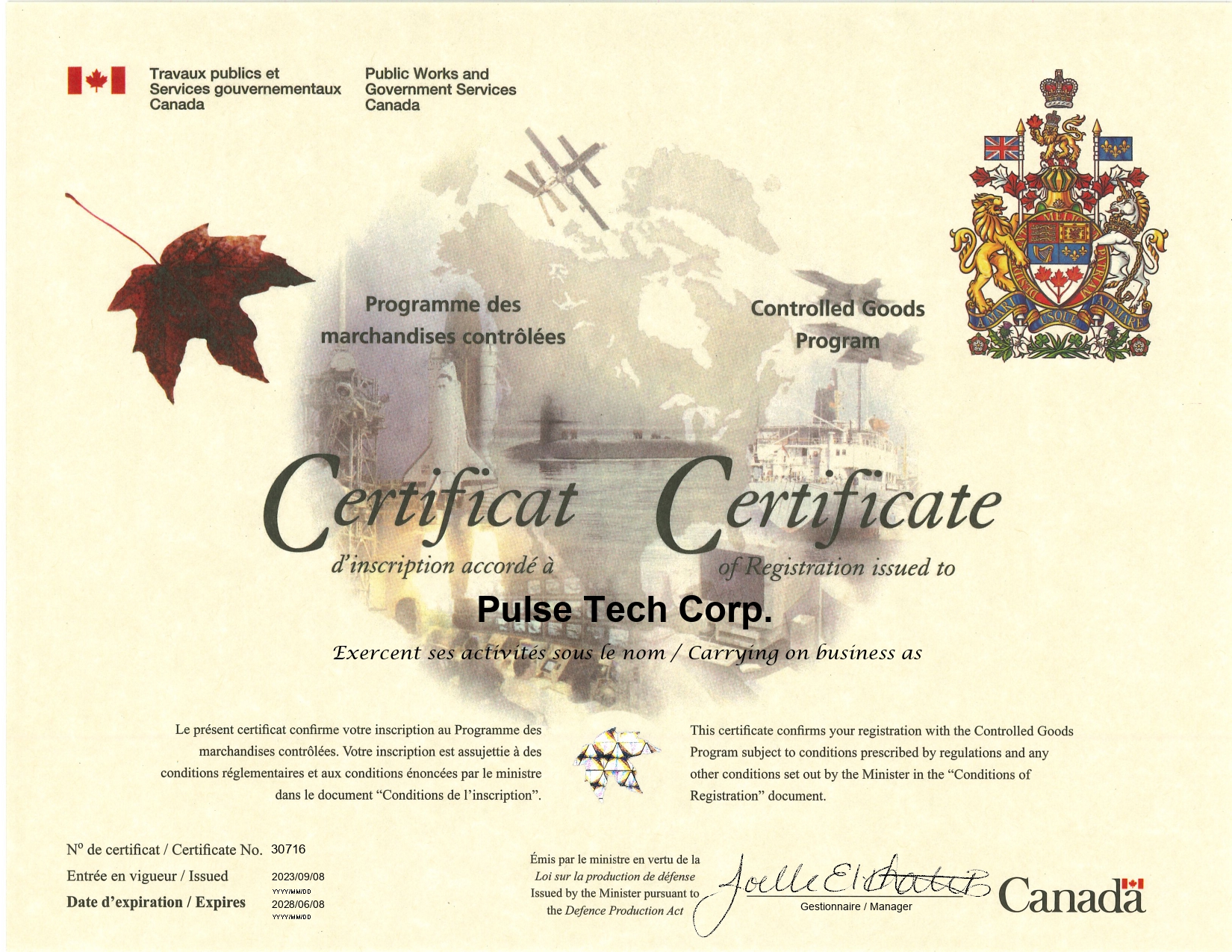IT Infrastructure Services
Server migration and expanding server capacity are two critical tasks that businesses must undertake to ensure smooth and uninterrupted operations. With the ever-increasing demand for online services, businesses must have a robust and scalable server infrastructure that can handle the growing traffic and workload. Server migration involves moving data and applications from one server to another, while expanding server capacity involves adding more resources to the existing server infrastructure. Both tasks require careful planning, execution, and testing to minimize downtime and ensure data integrity. Let’s dive deeper into each of these critical tasks and understand why they are essential for business two critical tasks that businesses must undertake to ensure smooth and uninterrupted operations. With the ever-increasing demand for online services, businesses must have a robust and scalable server infrastructure that can handle the growing traffic and workload. Server migration involves moving data and applications from one server to another, while expanding server capacity involves adding more resources to the existing server infrastructure. Both tasks require careful planning, execution, and testing to minimize downtime and ensure data integrity. Let’s dive deeper into each of these critical tasks and understand why they are essential for businesses. are two critical tasks that businesses must undertake to ensure smooth and uninterrupted operations. With the ever-increasing demand for online services, businesses must have a robust and scalable server infrastructure that can handle the growing traffic and workload. Server migration involves moving data and applications from one server to another, while expanding server capacity involves adding more resources to the existing server infrastructure. Both tasks require careful planning, execution, and testing to minimize downtime and ensure data integrity. Let’s dive deeper into each of these critical tasks and understand why they are essential for businesses. In summary, server migration and expanding server capacity are crucial tasks for businesses to maintain smooth and uninterrupted operations. These tasks require careful planning, execution, and testing to minimize downtime and ensure data integrity. With the increasing demand for online services, businesses must have a robust and scalable server infrastructure to handle the growing traffic and workload.
online services, businesses must have a robust and scalable server infrastructure that can handle the growing traffic and workload. Server migration involves moving data and applications from one server to another, while expanding server capacity involves adding more resources to the existing server infrastructure. Both tasks require careful planning, execution, and testing to minimize downtime and ensure data integrity. Let’s dive deeper into each of these critical tasks and understand why they are essential for businesses. In summary, server migration and expanding server capacity are crucial tasks for businesses to maintain smooth and uninterrupted operations. These tasks require careful planning, execution, and testing to minimize downtime and ensure data integrity. With the increasing demand for online services, businesses must have a robust and scalable server infrastructure to handle the growing traffic and workload.
Server migration involves moving data and applications from one server to another, which could be necessary due to various reasons such as upgrading to a new server, consolidating servers, or migrating to the cloud. It is a complex process that requires a detailed understanding of the existing server infrastructure, the target server environment, and the applications and data that need to be migrated. Additionally, businesses need to consider factors such as downtime, data loss, and security risks while planning the migration. A well-planned and executed server migration can help businesses improve their server performance, reduce costs, and enhance their overall IT infrastructure. In conclusion, businesses must prioritize server migration and expanding server capacity to ensure uninterrupted operations and handle the growing demand for online services. These tasks require careful planning, execution, and testing to minimize downtime and ensure data integrity. A well-planned and executed server migration can help businesses improve their server performance, reduce costs, and enhance their overall IT Infrastructure Services.
Moreover, server migration can also help businesses to comply with the latest regulatory requirements and security standards. For instance, if a company is migrating to the cloud, it needs to ensure that the cloud service provider complies with industry-specific regulations such as HIPAA, PCI DSS, or GDPR. Additionally, businesses need to ensure that the migrated data is encrypted and secure during transit and at rest. Therefore, it is crucial to choose a reliable and trustworthy server migration service provider that can handle the migration process efficiently and securely. Overall, server migration is a critical task for businesses that want to stay competitive and ensure uninterrupted operations. By prioritizing server migration and expanding server capacity, businesses can improve their server performance, reduce costs, enhance their overall IT Infrastructure Services, and comply with regulatory requirements and security standards. However, to achieve these benefits, businesses must carefully plan, execute, and test the migration process and choose a reliable and trustworthy service provider. In conclusion, server migration is an important aspect of maintaining a competitive edge in today’s business world. It not only improves server performance and reduces costs but also ensures compliance with regulatory requirements and security standards. However, to reap the benefits of server migration, businesses must carefully plan and execute the migration process and choose a reliable service provider. By doing so, businesses can enhance their overall IT Infrastructure Services and ensure uninterrupted operations. Therefore, it is important for businesses to prioritize server migration and choose a service provider that can handle the process efficiently and securely. With careful planning and execution, businesses can improve their server performance, reduce costs, and comply with regulatory requirements and security standards. Overall, server migration is a critical task that should not be overlooked by businesses looking to stay competitive and enhance their IT Infrastructure Services. For example, a company may decide to migrate their servers to a cloud-based platform to improve scalability and reduce maintenance costs. The migration process involves analyzing the existing infrastructure, selecting the appropriate cloud service provider, and transferring data and applications to the new platform. Through careful planning and testing, the company can ensure that the migration is successful and that their IT Infrastructure Services is optimized for future growth. One counterargument could be that server migration can be a complex and time-consuming process, and some businesses may not have the resources or expertise to handle it effectively, leading to potential downtime and data loss. Additionally, server migration may not always result in cost savings and improved performance, as the process itself can be expensive and may require significant investments in new hardware or software.
 However, despite the potential challenges, businesses cannot afford to ignore the benefits of server migration. With the increasing importance of digital transformation and data-driven decision making, having a modern and efficient IT Infrastructure Services is essential for staying competitive in today’s market. By partnering with a reliable service provider and investing in careful planning and execution, businesses can successfully migrate their servers and reap the rewards of improved performance, reduced costs, and enhanced security. In conclusion, server migration is a critical task that should be prioritized by businesses looking to stay ahead of the curve and meet the demands of a rapidly changing digital landscape.
However, despite the potential challenges, businesses cannot afford to ignore the benefits of server migration. With the increasing importance of digital transformation and data-driven decision making, having a modern and efficient IT Infrastructure Services is essential for staying competitive in today’s market. By partnering with a reliable service provider and investing in careful planning and execution, businesses can successfully migrate their servers and reap the rewards of improved performance, reduced costs, and enhanced security. In conclusion, server migration is a critical task that should be prioritized by businesses looking to stay ahead of the curve and meet the demands of a rapidly changing digital landscape.
For any questions:
Please get in touch by Phone : 905-488-5400 or
by E-mail : sales@pulsetech.ca
or fill the form below and we will connect back to you.



